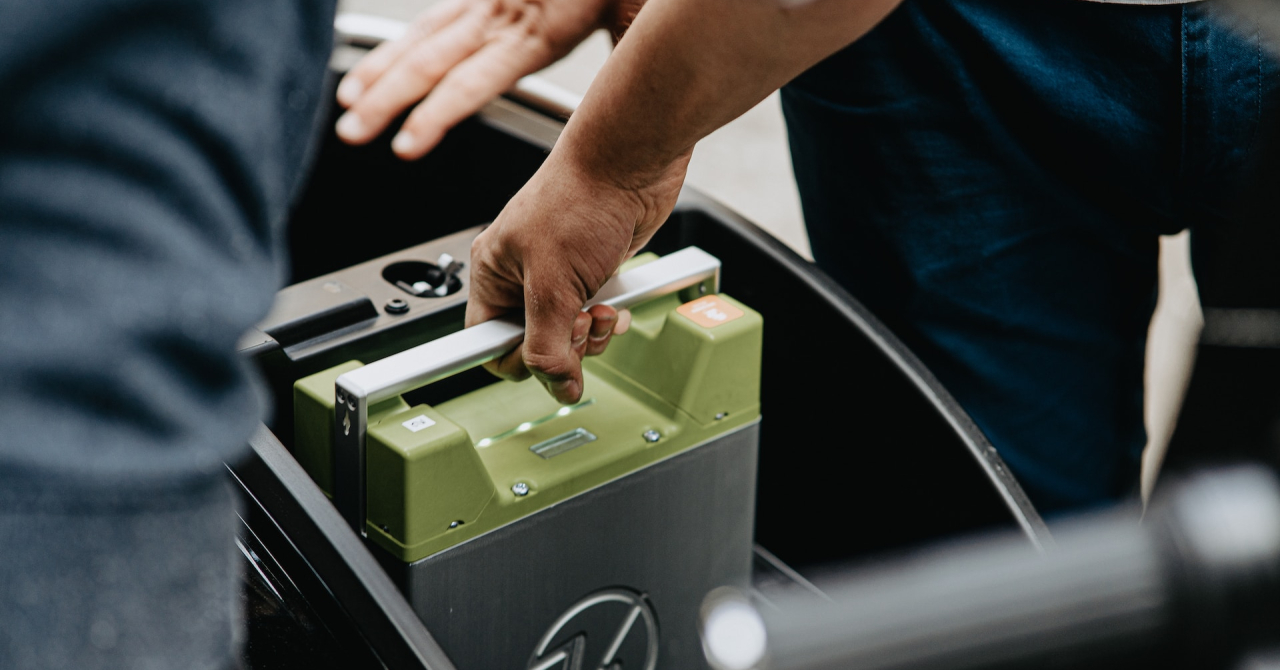Reuters writes that Stellantis officials hope that the investment will enable the company to simplify its chain of suppliers and also to allow for the incorporation of greener technology in its vehicles.
Compared to lithium-ion batteries, Lyten's sulfur-based alternative doesn't use materials like nickel or cobalt, which is why the company's cells have a 60% lower carbon footprint.
Company representatives said that "raw materials for lithium-sulfur batteries have the potential to be sourced and produced locally, in North America or Europe, enhancing regional supply sovereignty."
Additionally, the new materials could also allow to lower the weight of the vehicles themselves, which is another potential benefit of the technology, although no actual numbers were made public.
By the next decade, Stellantis expects that 100% of its passenger cars sold in Europe will be electric-powered, while by 2038, the company aims for carbon neutrality.
 Mihai - Cristian Ioniță
Mihai - Cristian Ioniță












Any thoughts?